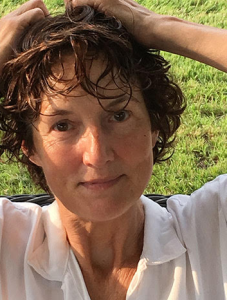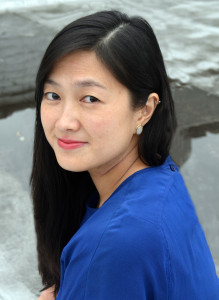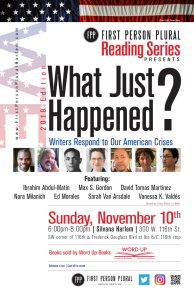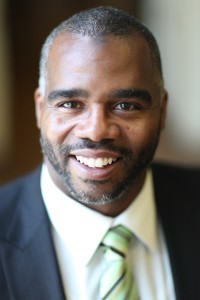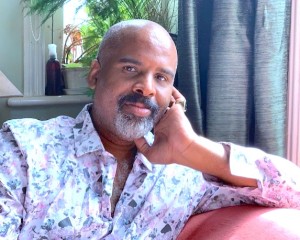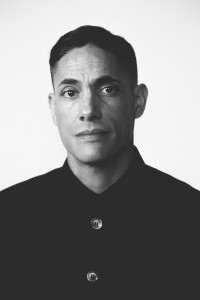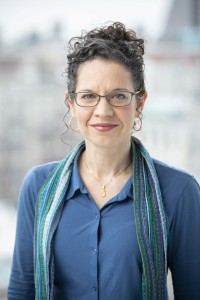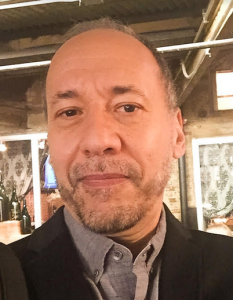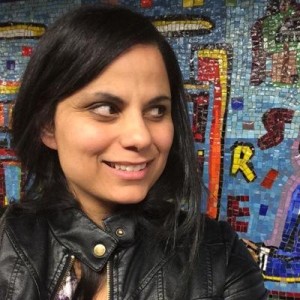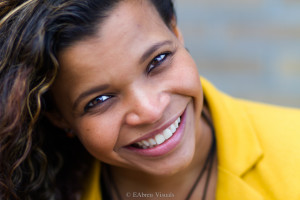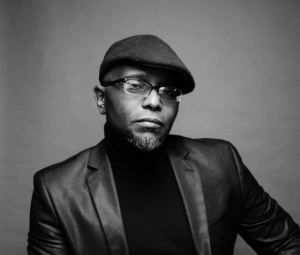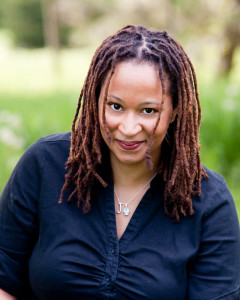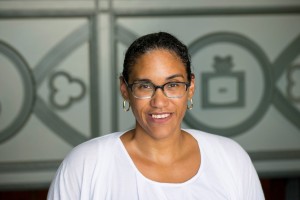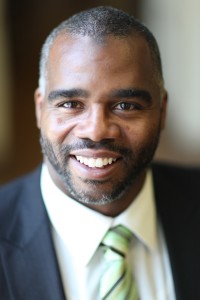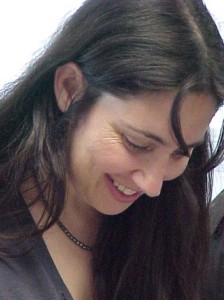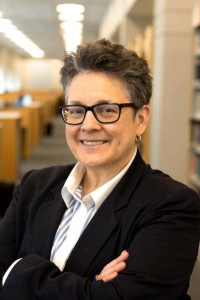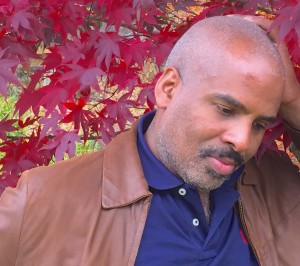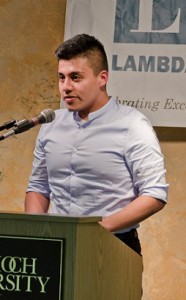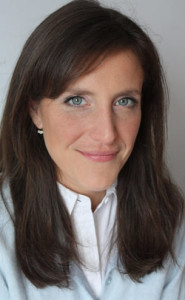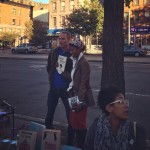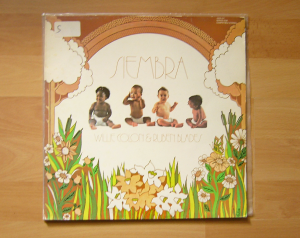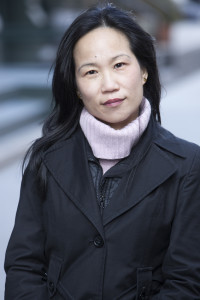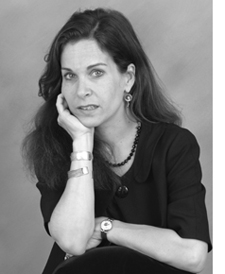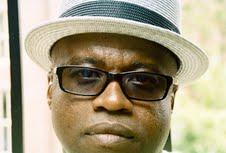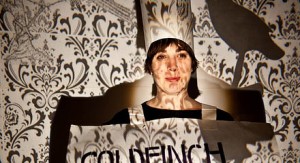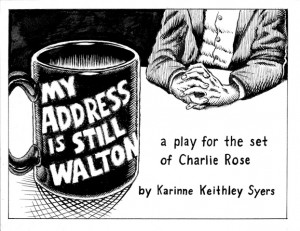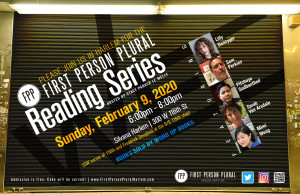 Please join us for the first reading of our ninth year on Sunday, February 9th for a reading that promises to delight and amaze! We’ll be joined by poets and writers Lilly Dancyger, Sam Perkins, Pitchaya Sudbanthad, Sarah Van Arsdale, and Mimi Wong, hosted by Stacy Parker Le Melle. The reading is from 6-8pm. Silvana is located at 300 W. 116th St near Frederick Douglass Blvd. Books sold by Word Up! Book
Please join us for the first reading of our ninth year on Sunday, February 9th for a reading that promises to delight and amaze! We’ll be joined by poets and writers Lilly Dancyger, Sam Perkins, Pitchaya Sudbanthad, Sarah Van Arsdale, and Mimi Wong, hosted by Stacy Parker Le Melle. The reading is from 6-8pm. Silvana is located at 300 W. 116th St near Frederick Douglass Blvd. Books sold by Word Up! Book s. Admission is free. There will be cake!
s. Admission is free. There will be cake!
Please RSVP via Eventbrite here.
About our featured readers:
 Lilly Dancyger is a contributing editor and columnist at Catapult, and assistant editor at Barrelhouse Books. She’s the editor of Burn It Down, a critically acclaimed anthology of essays on women’s anger from Seal Press; and the author of Negative Space, a reported and illustrated memoir selected by Carmen Maria Machado as a winner of the 2019 Santa Fe Writers Project Literary Awards, forthcoming in 2021. Lilly is the founder and host of Memoir Monday, a weekly newsletter and quarterly reading series, and her writing has been published by Longreads, The Washington Post, Glamour, Playboy, Rolling Stone, and more. She lives in New York City, and she spends way too much time on Twitter (where you can find her at @lillydancyger).
Lilly Dancyger is a contributing editor and columnist at Catapult, and assistant editor at Barrelhouse Books. She’s the editor of Burn It Down, a critically acclaimed anthology of essays on women’s anger from Seal Press; and the author of Negative Space, a reported and illustrated memoir selected by Carmen Maria Machado as a winner of the 2019 Santa Fe Writers Project Literary Awards, forthcoming in 2021. Lilly is the founder and host of Memoir Monday, a weekly newsletter and quarterly reading series, and her writing has been published by Longreads, The Washington Post, Glamour, Playboy, Rolling Stone, and more. She lives in New York City, and she spends way too much time on Twitter (where you can find her at @lillydancyger).
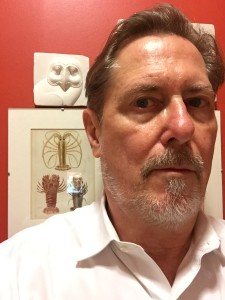 Sam Perkins is a writer, editor, translator based in New York City. Perkins’ nonfiction features on history, art and culture have appeared in numerous publications, including The New York Times, Atlas Obscura, and History.com. His writing appears regularly on SilentMasters.net, a site devoted to historically significant architecture and design. His anthology of contemporary Chinese poetry, Thirteen Leaves, co-translated with Joan Xie, appeared in August 2018 (Three Owls Press). With Sarah Van Arsdale, he co-curates a monthly literary reading series, Bloom Readings in Washington Heights. He is working on completing his first chapbook of poetry.
Sam Perkins is a writer, editor, translator based in New York City. Perkins’ nonfiction features on history, art and culture have appeared in numerous publications, including The New York Times, Atlas Obscura, and History.com. His writing appears regularly on SilentMasters.net, a site devoted to historically significant architecture and design. His anthology of contemporary Chinese poetry, Thirteen Leaves, co-translated with Joan Xie, appeared in August 2018 (Three Owls Press). With Sarah Van Arsdale, he co-curates a monthly literary reading series, Bloom Readings in Washington Heights. He is working on completing his first chapbook of poetry.
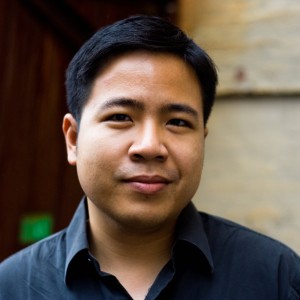 Pitchaya Sudbanthad is the author of Bangkok Wakes to Rain, which was selected as a notable book of the year by The New York Times and The Washington Post. The novel, published by Riverhead Books (US) and Sceptre (UK), has been hailed as “ambitious and sweeping” (Esquire) and “a remarkable debut” (Financial Times) with a narrative that “recreates the experience of living in Thailand’s aqueous climate so viscerally that you can feel the water rising around your ankles” (Washington Post). It has also been named a finalist for the Center for Fiction’s First Novel Prize, the Casa delle Letterature Bridge Book Award, and the Edward Stanford Award. Sudbanthad has been honored with fellowships from the MacDowell Colony and the New York Foundation for the Arts. Among the publications to which he has contributed are: Newsweek, Freeman’s, Guernica, Electric Literature, The Millions, and The Morning News. Born in Thailand, he currently splits time between Bangkok and Brooklyn.
Pitchaya Sudbanthad is the author of Bangkok Wakes to Rain, which was selected as a notable book of the year by The New York Times and The Washington Post. The novel, published by Riverhead Books (US) and Sceptre (UK), has been hailed as “ambitious and sweeping” (Esquire) and “a remarkable debut” (Financial Times) with a narrative that “recreates the experience of living in Thailand’s aqueous climate so viscerally that you can feel the water rising around your ankles” (Washington Post). It has also been named a finalist for the Center for Fiction’s First Novel Prize, the Casa delle Letterature Bridge Book Award, and the Edward Stanford Award. Sudbanthad has been honored with fellowships from the MacDowell Colony and the New York Foundation for the Arts. Among the publications to which he has contributed are: Newsweek, Freeman’s, Guernica, Electric Literature, The Millions, and The Morning News. Born in Thailand, he currently splits time between Bangkok and Brooklyn.
Sarah Van Arsdale is the award-winning author of five books of fiction and poetry. She teaches in the Antioch/LA low-residency MFA program and at NYU, and leads writing workshops in Oaxaca, Mexico and Freeport, Maine. She co-curates the BLOOM reading series in Washington Heights.
Mimi Wong is Editor in Chief of The Offing, a literary magazine dedicated to centering marginalized voices. Her fiction and nonfiction have appeared in Catapult, Crab Orchard Review, Day One, Electric Literature, Hyperallergic, Literary Hub, Refinery29, and Wildness. In 2019, she was awarded an Art Writers Grant by Creative Capital and The Andy Warhol Foundation. She is a graduate of New York University and lives in Brooklyn.
About the host:
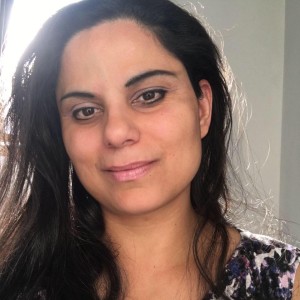 Stacy Parker Le Melle is the author of Government Girl: Young and Female in the White House (HarperCollins/Ecco) and is a contributing editor to Callaloo. She was the lead contributor to Voices from the Storm: The People of New Orleans on Hurricane Katrina and Its Aftermath (McSweeney’s) and chronicles stories for The Katrina Experience: An Oral History Project. Her recent narrative nonfiction has been published in Callaloo, The Offing, Apogee Journal, The Nervous Breakdown, Silk Road Review, The Butter, Cura, The Atlas Review, and The Florida Review where the essay was a finalist for the 2014 Editors’ Prize for nonfiction. Originally from Detroit, Le Melle is the founder of Harlem Against Violence, Homophobia, and Transphobia, and the curator and co-founder of Harlem’s First Person Plural Reading Series.
Stacy Parker Le Melle is the author of Government Girl: Young and Female in the White House (HarperCollins/Ecco) and is a contributing editor to Callaloo. She was the lead contributor to Voices from the Storm: The People of New Orleans on Hurricane Katrina and Its Aftermath (McSweeney’s) and chronicles stories for The Katrina Experience: An Oral History Project. Her recent narrative nonfiction has been published in Callaloo, The Offing, Apogee Journal, The Nervous Breakdown, Silk Road Review, The Butter, Cura, The Atlas Review, and The Florida Review where the essay was a finalist for the 2014 Editors’ Prize for nonfiction. Originally from Detroit, Le Melle is the founder of Harlem Against Violence, Homophobia, and Transphobia, and the curator and co-founder of Harlem’s First Person Plural Reading Series.

